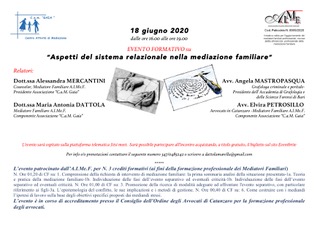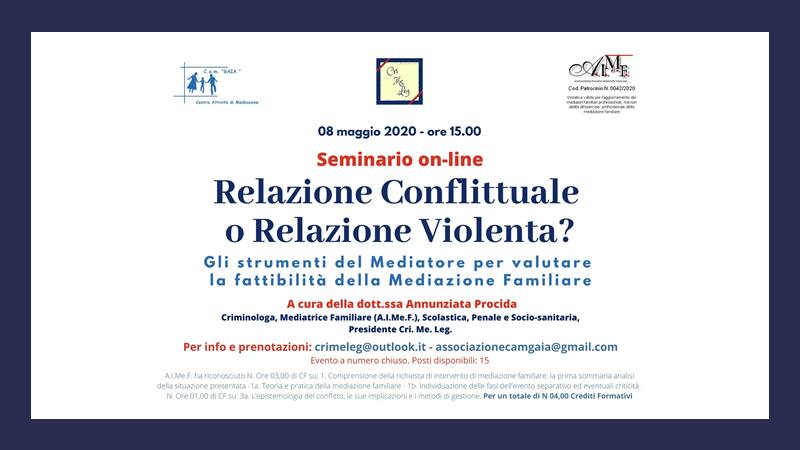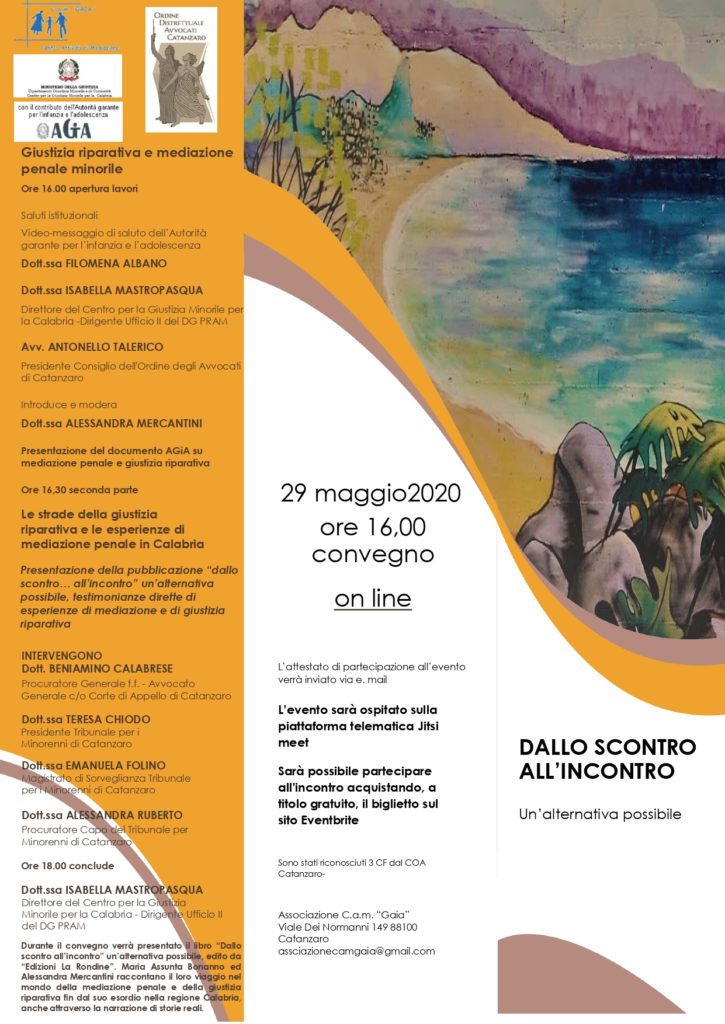Parental model regarding the drinking behaviors can play a major role in the intergenerational transmission of excessive alcohol consumption [79]. In fact, it is possible that excessive alcohol consumption can increase the risk of developing COVID-19-induced illness, as this can affect the immune system. People who develop a severe illness from COVID-19 are at goodbye letter to addiction risk of developing acute respiratory distress syndrome (ARDS).
This may be because alcohol use can weaken your immune system, making you more prone to infectious diseases. Fear and misinformation have generated a dangerous myth that consuming high-strength alcohol can kill the COVID-19 virus. Consuming any alcohol poses health risks, but consuming high-strength ethyl alcohol (ethanol), particularly if it has been adulterated with methanol, can result in severe health consequences, including death.
Short- and long-term alcohol consumption during COVID- 19
In the context of the COVID-19 pandemic caused by the new coronavirus, alcohol consumption is a way to relax for many people, but it is important to know that alcohol can increase the vulnerability of the individual, both physically and mentally. The last but not the least is the reverse analysis – how alcohol use disorder may influence the way of dealing with the pandemic from the personal safety perspective. However, the 2021 study mentioned above suggests that people who drink alcohol often are more likely to develop acute respiratory distress syndrome (ARDS) during COVID-19 hospitalization. For example, some research suggests that poor sleep can make long COVID worse, and difficulty sleeping is a common side effect of drinking alcohol. In the meantime, healthcare providers should take alcohol intolerance into account when evaluating and treating post-COVID symptoms. With other disasters, we’ve seen that these spikes in drinking last 5 or 6 years and then alcohol consumption slowly returns to usual levels.
Obesity, another modifiable risk factor, has also been investigated with emerging evidence of an association [6, 7]. Obesity is closely related to two behavioural risk factors—poor diet and lack of physical activity [5]. Alcohol consumption has not been granted much attention, although several studies have reported that alcohol consumption increased the risk of ARDS in patients with critical conditions and the admission to intensive care unit (ICU) in patients with pneumonia [8, 9, 10]. At the time of writing, to our knowledge, no published study exploring the risk factors of disease severity in COVID‐19 patients has included alcohol consumption as a covariate. In the United Kingdom, a cross-sectional study performed on 691 adults, showed that 17 % of them reported increased alcohol consumption during the lockdown, with a higher proportion in younger subjects (18–34 years).
While research on alcohol intolerance post-COVID-19 is limited, numerous anecdotal reports suggest that alcohol intolerance could be a symptom of long COVID for some individuals. According to several anecdotal reports, alcohol intolerance, which is characterized by reactions like nausea, low blood pressure, fatigue, and dizziness when consuming alcohol, may be a unique symptom of long COVID. The effects of the pandemic on alcohol-related problems have not been the same for everyone, though.
AUD is a clinical diagnosis that indicates someone’s drinking is causing distress and harm. AUD can range from mild to severe, depending on the severity of the symptoms. All the participants drank at home during the lockdown, 20.7 % reported an increased consumption, mainly due to isolation (29.7 %), changes in everyday habits (27.5 %) or for coping with anxiety or depression (13.6 %) [41].
Explore more stories about the impact of NIH research.
Although the history of alcohol abuse is as old as its production, alcohol consumption has become a public health problem since the 18th and 19th centuries, with the impoverishment of industrial workers. Ethanol in the form of alcoholic beverages is obtained by fermentation of sugars from cereals and fruits, while ethanol used in the production of pharmaceuticals and cosmetics, disinfectants, food additives, preservatives and fuels is obtained mostly by petrochemical processes [18]. A 2021 study found that people who drink at least once a week are more likely to develop acute respiratory distress syndrome (ARDS) during COVID-19 hospitalization.
Because of substantial and unexpected social and economic changes caused by the COVID-19 pandemic, many people turned to alcohol and other drugs to cope with those stressors. Unfortunately, the pandemic also made accessing substance use is dmt addictive disorder treatment more difficult. This research suggests that these issues are reflected in deaths related to alcohol use. Future research can focus on addressing the mental health needs of people with alcoholism or substance use disorders and people prone to it, especially during very stressful events. In Europe, evidence showing an increased alcohol consumption, emerged during the second half of 2020 and early 2021.
According to this study, the consumption of large amounts of beverages among women – four or more drinks in two hours – has increased by 41 % this year. The increase reported for most participants translates into consuming an extra drink daily within a month [36]. We’ve also seen more people end up in hospitals due to alcohol misuse and its consequences, including withdrawal symptoms and liver disease.
For researchers: NIAAA COVID F32, K99 extensions
- The COVID-19 pandemic has affected every family across the country, and alcohol misuse is complicating the situation in multiple ways.
- Consult a healthcare professional about whether you can drink alcohol while using these medications.
- We’ve also seen more people end up in hospitals due to alcohol misuse and its consequences, including withdrawal symptoms and liver disease.
- People seeking liver transplants because of alcohol misuse are younger than ever, with many transplant centers reporting that some of their patients haven’t even reached the age of 30.
- Alcohol use might also cause or worsen certain mental health conditions during the pandemic.
- If you’re ready to seek treatment, do so after your infection has cleared.
Therefore, the role of alcohol consumption on severity of illness in patients with COVID‐19 should be explored, and a history of alcohol consumption should be included as a probable risk factor of disease severity in COVID‐19 studies. Many people struggled with their mental health during the first year of the COVID-19 pandemic. As a result, behaviors like alcohol consumption increased during that time. However, researchers found that drinking returned to pre-pandemic levels by June 2021.
Are you more likely to develop long COVID if you drink alcohol during an active infection?
NIAAA supports a wide range of research on alcohol use and its effects on health and wellbeing. NIAAA’s free, research-based resources can help cut through the clutter and confusion about how alcohol affects people’s lives. Here we present such data as are available on per capita alcohol sales during the COVID-19 pandemic.
Can you drink alcohol when taking antiviral medication for COVID-19?
Other interesting examples may be the decrease of alcohol consumption in college students, after the campus closure, the main explanation being that they got back home, to live with their families, with less social events and binge drinking [46,47]. In Eastern Europe, a research project implemented in Poland has shown an increase in alcohol consumption in 146%, with a higher tendency to drink more found among the subjects with previous alcohol addiction [42]. According to the European World Health alcohol gallbladder Organization (WHO), alcohol does not protect against infection or illness relating to COVID-19.
We hope that the high rates of alcohol use and negative health effects will decline over time as we return to more typical interactions with each other. To cope, many people turned to alcohol despite the risk of developing alcohol-related problems, including problem drinking and alcohol use disorder (AUD). Severe illness, grief, isolation, disrupted schooling, job loss, economic hardship, shortages of food and supplies, mental health problems, and limited access to health care — these are just some of the sources of stress people faced during the COVID-19 pandemic. Considering the scale of its consequences and the huge stress-related burden, COVID-19 pandemic can be considered as a mass trauma, which can lead to psychological problems, health behavior changes, and addictive issues, including alcohol consumption [16,17]. Around 20% of people with a social anxiety disorder experience alcohol use disorder.



